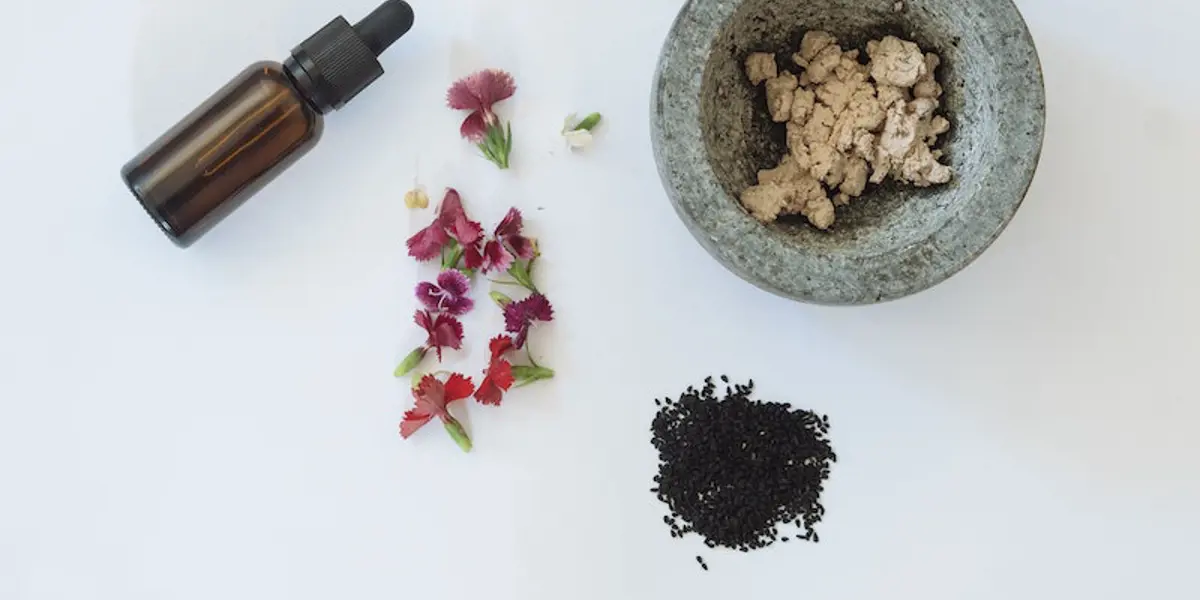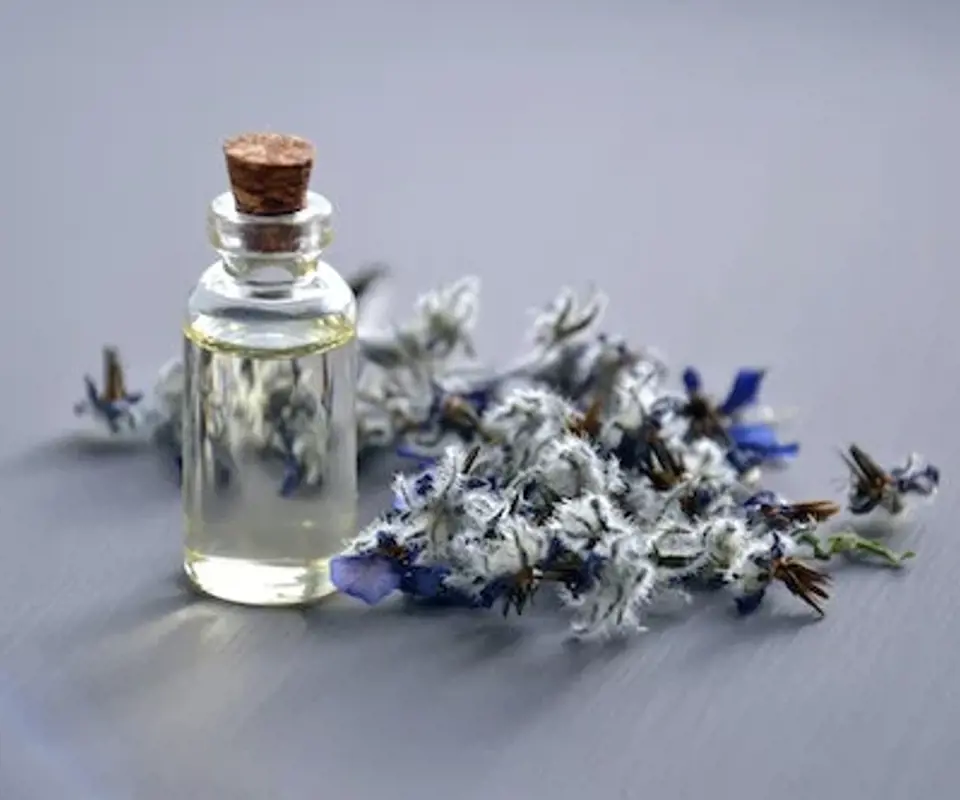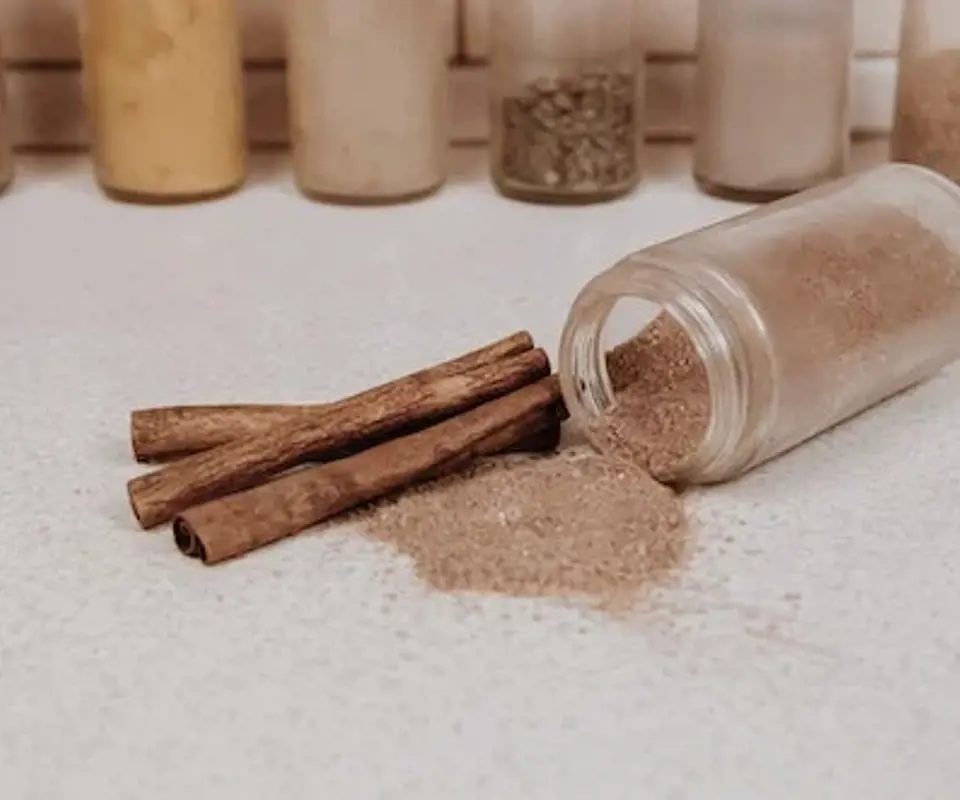ANTIBACTERIAL INGREDIENTS IN SKIN CARE: YES OR NO?
To us, and to the market, it’s a big YES. The antibacterial skin care market is expected to surpass a valuation of more than $800 million by the end of 2025, registering a CAGR of 6% from 2020 to 2026. So, as a skin care brand, here is the smartest thing you can do: get yourself a private label manufacturer who can help you pick the best antibacterial ingredients for your skin care line.

In 2020, words like sanitizing, disinfectant, antibacterial have seen exponential growth in Google searches. And due to obvious reasons, some people still have (and probably will have for a very long time) legit covid PTSD, which will show in their everyday choices, skin care included.

As you can see, the beauty market is presented here with a great business opportunity: developing skin care products that are infused with antibacterial ingredients, that are both effective in fighting bacteria and fungi, and both respectful of the skin microbiota.
The days of aggressive hand sanitizers literally cracking hands open might soon be over, praise the Lord.
What are natural antibacterial skin care ingredients?
The power of Nature can’t be denied. When looking at antibacterial skin care, there are a few natural ingredients that show strong antiviral, antimycotic, and antibacterial properties. Here is a list of the best antibacterial ingredients on the market.

A study on the properties of Italian kinds of honey conducted by Sapienza University has shown that some of them are able to effectively counteract the action of bacteria resistant to antibiotics. This property has also been verified for some specific varieties of orange, lemon, and honeydew kinds of honey, the sugary substance produced by aphids and other small insects that feed on the sap of plants.
The researchers also observed that by mixing honey of different botanical origins it’s possible to enhance their activity and obtain extra effective antibacterial skin care ingredients.

Nope, it has nothing to do with tea whatsoever. Tea tree oil is obtained from the distillation of the leaves of the Melaleuca Alternifolia and is commonly used as a natural remedy for infections, thanks to its antibacterial and antimycotic action.
The monoterpenes contained in tea tree oil can kill multiple strains of bacteria almost immediately while controlling outbreaks with surprising efficiency. Amongst all antibacterial ingredients in skin care, this is probably the most powerful one.

Cinnamon is a spice that is made from the inner bark of a tree, scientifically known as Cinnamomum. Its essential oil presents amazing anti inflammatory properties and is also a powerful antioxidant, thanks to its high concentration of polyphenols.

Amongst antibacterial skin care ingredients, lemon oil - thanks to its antioxidant properties - is the one that helps give the skin the ultimate boost! As a detoxifier with antiseptic properties, lemon oil is often used in skin care products to help fight acne, breakouts, and other annoying skin conditions.
Is antibacterial skin care an option for the future?
In case it wasn’t clear until now, YES. Antibacterial skin care is a great chance for all those brands who want to ride a new, unexplored wave of opportunities. The market is ready and consumers are ready. What’s the only thing missing?
First and foremost, you need to get yourself a private label skin care manufacturer who can help you navigate these unexplored waters safely and successfully. Someone like us, for example.
If you want to get ahead and start developing an antibacterial skin care line with our help, get in touch! I’m sure we can work on something great.
Contact us